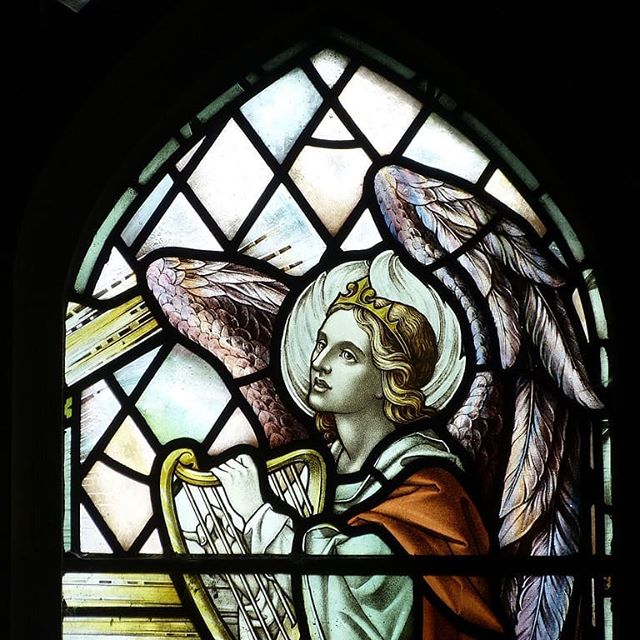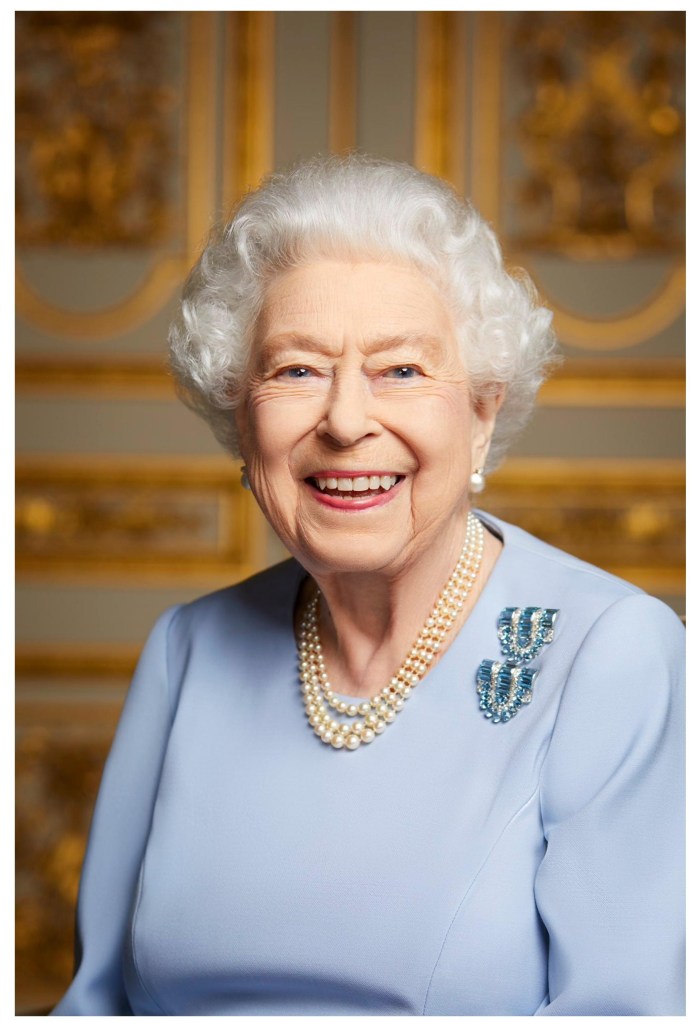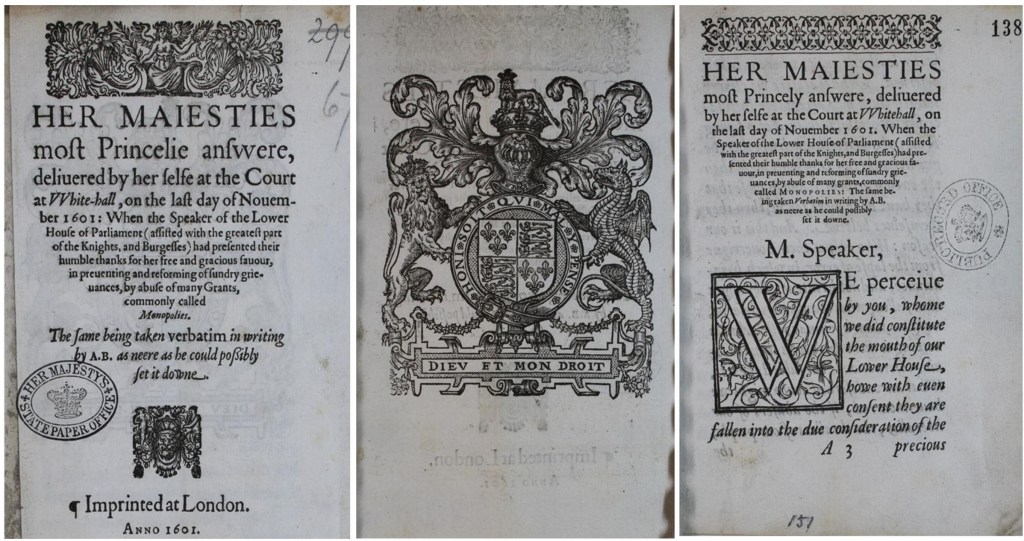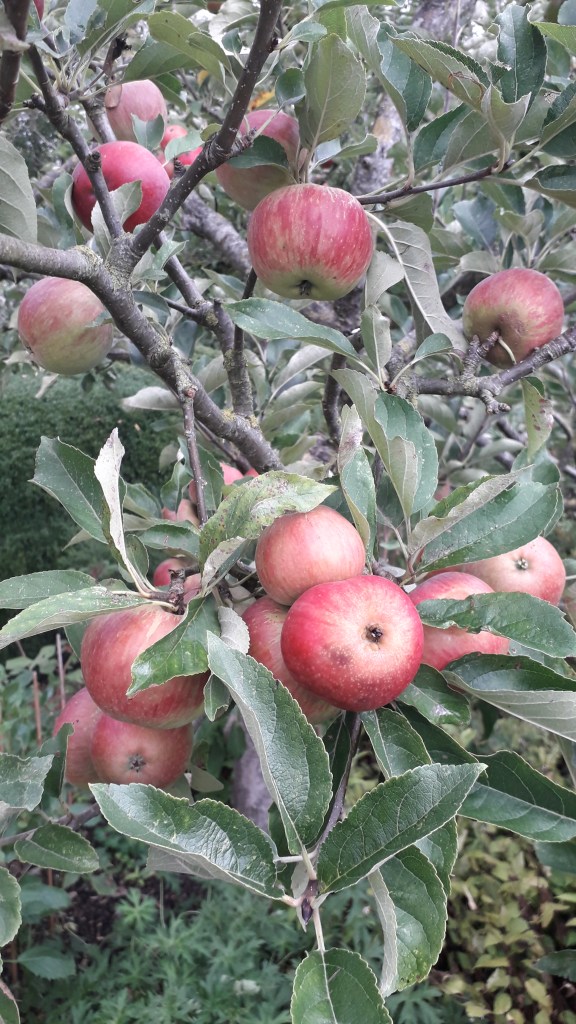
On the last day of September, some thoughts naturally turn to Autumn. This was true this morning as I took a companion to the local railway station. As tends to happen on such occasions, this led to poetry!
Of all the poems about Autumn, the one most well known is probably Ode to Autumn, beginning with the words, Season of mists and mellow fruitfulness …
It was composed by the English Romantic Poet, John Keats, in 1819 and published first in 1820.
Many can quote the beginning and others know it by heart. Some may know snatches and others simply are just aware of it. For some it may be time to remake its acquaintance!
This beginning of Autumn could be a good time for this. It is such a beautifully descriptive poem which draws people into the depth of its richness and to a delightful meaning.
Though many have written and reflected about this, it really doesn’t need a commentary. Just a walk in the countryside, woods, park or any place where nature reveals herself.
Let the poem quietly and even thrillingly, soak into your being.
My hope is then you will come to appreciate Creation more wonderfully and, of course, that it will lead you to a more thankful blessing of your Creator God in all his loveliness and providence.
[Mr]
Season of mists and mellow fruitfulness,
Close bosom-friend of the maturing sun;
Conspiring with him how to load and bless
With fruit the vines that round the thatch-eves run;
To bend with apples the moss’d cottage-trees,
And fill all fruit with ripeness to the core;
To swell the gourd, and plump the hazel shells
With a sweet kernel; to set budding more,
And still more, later flowers for the bees,
Until they think warm days will never cease,
For Summer has o’er-brimm’d their clammy cells.
Who hath not seen thee oft amid thy store?
Sometimes whoever seeks abroad may find
Thee sitting careless on a granary floor,
Thy hair soft-lifted by the winnowing wind;
Or on a half-reap’d furrow sound asleep,
Drows’d with the fume of poppies, while thy hook
Spares the next swath and all its twined flowers:
And sometimes like a gleaner thou dost keep
Steady thy laden head across a brook;
Or by a cyder-press, with patient look,
Thou watchest the last oozings hours by hours.
Where are the songs of Spring? Ay, where are they?
Think not of them, thou hast thy music too,—
While barred clouds bloom the soft-dying day,
And touch the stubble-plains with rosy hue;
Then in a wailful choir the small gnats mourn
Among the river sallows, borne aloft
Or sinking as the light wind lives or dies;
And full-grown lambs loud bleat from hilly bourn;
Hedge-crickets sing; and now with treble soft
The red-breast whistles from a garden-croft;
And gathering swallows twitter in the skies.
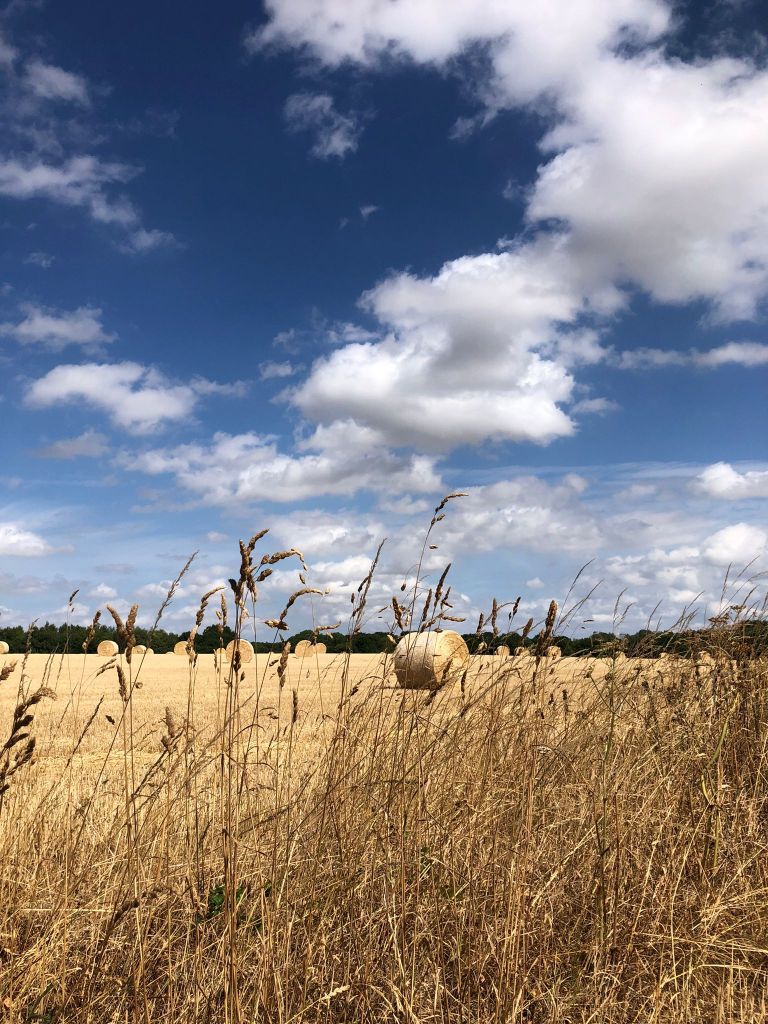
[Mr G]
